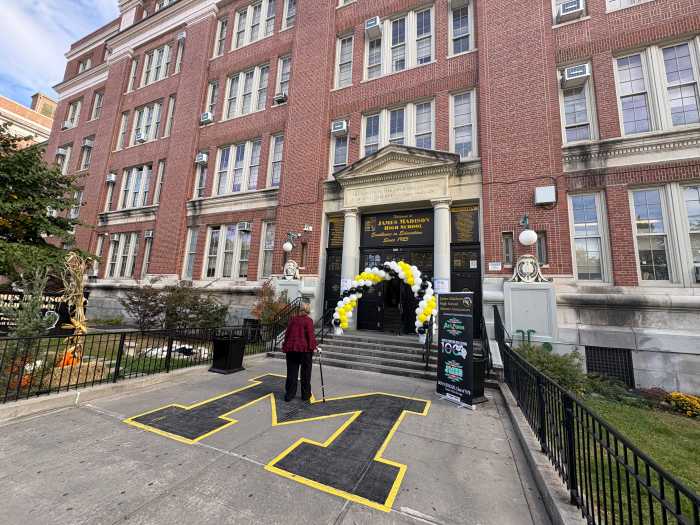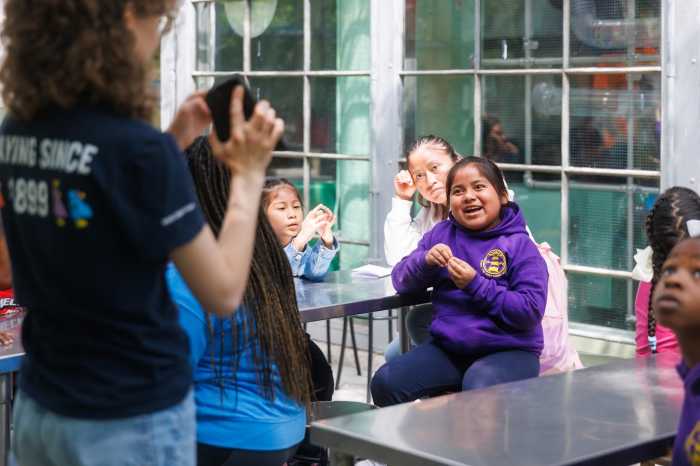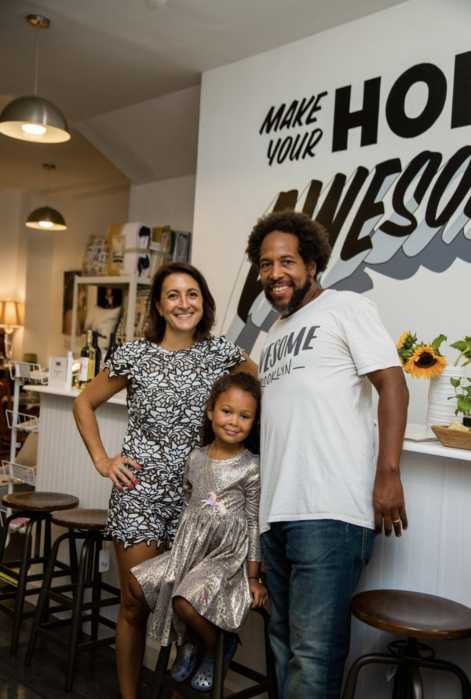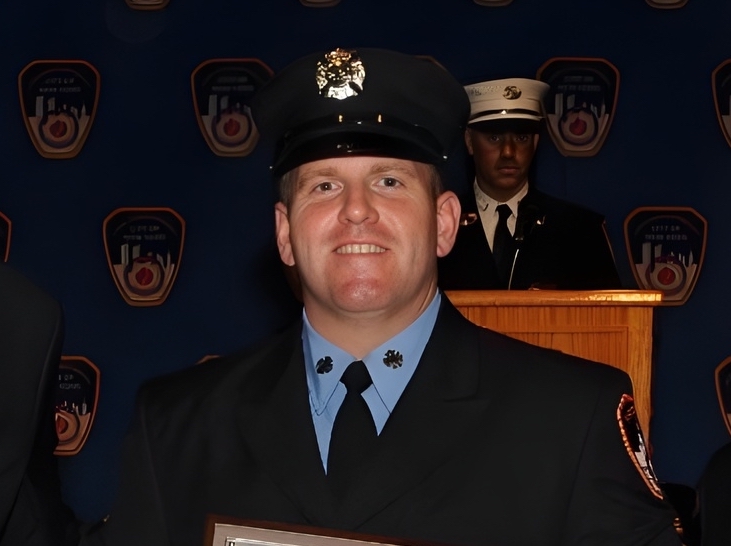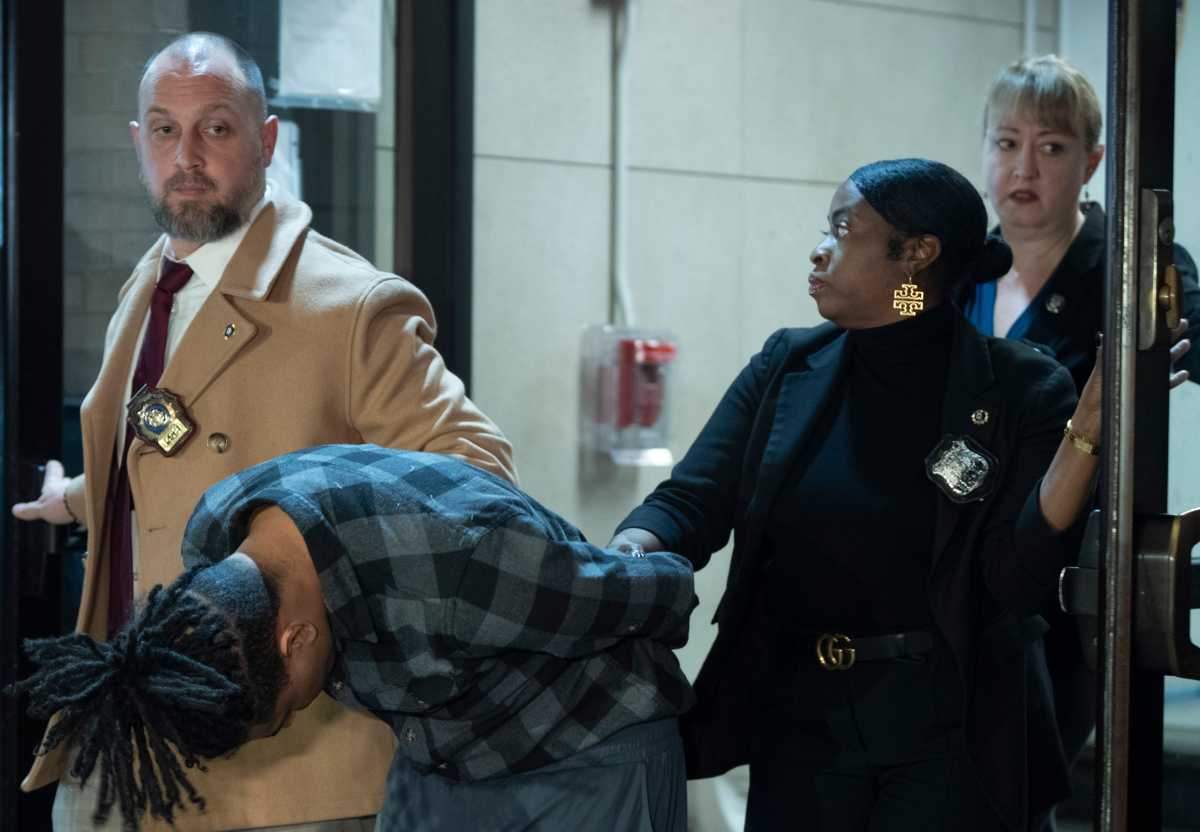I believe in the power of positive thinking. I subscribe to the idea that feeling well is a state of mind and that, in any case, convincing yourself that you are can’t hurt.
“You’re fine,” I say to the kids if they casually mention a little sore throat or blow their nose a bit.
“I’m fine,” they’ve learned to say if I look at them sideways when they cough.
We’re fine.
When I feel a touch of the runs, I blame it on too much cheese. I try to ignore the rumors of rampant stomach flu, cause I feel like if I gave my icky stomach pangs a name, they might last longer.
“Are you sick?” people ask if I’m congested.
“No,” I say. I continue to get up early and walk the dog, to go to the gym, to continue on with my life as usual. If I feel a little fluey, I make extra sure to be active and get fresh air.
Pretending works wonders. The kids hadn’t missed a day of school all year, in fact they’d missed hardly any days in all their years of school. So it was with great concern that I looked at Eli the other day as he grabbed my cold fingers and put them on his forehead.
“Do you not feel well?” I asked, forgetting my own cardinal rule of not asking leading questions about health for fear of putting negative ideas in their heads.
“I’m fine,” he said, but his head on the table said otherwise.
He didn’t perk up much, barely drank his smoothie, and then lay on the floor in a heap.
“Get up,” I said. “If you get up and get to school, I think you’ll feel better.”
From underneath the blanket, he whined, “But I’m so tired!”
He’d had a fun fairly sleepless long weekend and I wasn’t feeling too sympathetic. His father certainly wasn’t. We weren’t the family that stayed home from school. We pushed through, we persevered.
But there was nothing doing. Tears fell down his cheeks as Eli explained it was the hardest day of the schedule in school, that he just couldn’t do it.
The Big G and I started arguing over what should be done. Since I’d started the whole, “you’re fine” business, G wanted to continue down that road, but by then I’d moved on to the, “maybe he should stay home, maybe we should trust him since this is the first time all year he’s even asked to stay home.” I switch gears mid-stream a lot, leaving G floundering as he tries to defend my initial perspective.
“I’m sorry!” I screamed at one point. “I have no idea what to do!”
It was true. In cases, lately, where I believe my children may be pulling a fast one, I have no faint clue what to do. If I go back in time, I remember sitting on my parent’s bed with the phone out to my dad, forcing him to call in sick for me when I just didn’t feel like going to school. I remember he looked scared and asked what he should say. I remember advising him, “It doesn’t matter. They’ll believe you. You’re the dad.”
I stayed home an entire five days once, even though I was better with my cold by Wednesday, just so I could see all of Elvis Week on the 2 pm movie. I loved Elvis. I could justify it. My parents clearly didn’t care.
The hypocrisy of my go-to-school-at-all-costs parenting compared to how I was raised does not escape me. Sometimes I feel have become a little psycho worrying about how days missed will look for middle-school and high-school admission, and about how letting down our tough-guy guards might leave us prey to pesky illness I’d rather pretend my way through. Sometimes we have to relax our rules, if reluctantly, if the situation should require it.
We let Eli stay home. We sent him to bed and there he stayed, zonked, for hours. When I got home with chicken noodle soup, he was his old self, still wrapped in a blanket but sitting up, color restored to his cheeks. Sometimes a little R&R is in order.
Just not for too long, not even for Elvis.
Read Fearless Parenting every other Thursday on BrooklynPaper.com.



